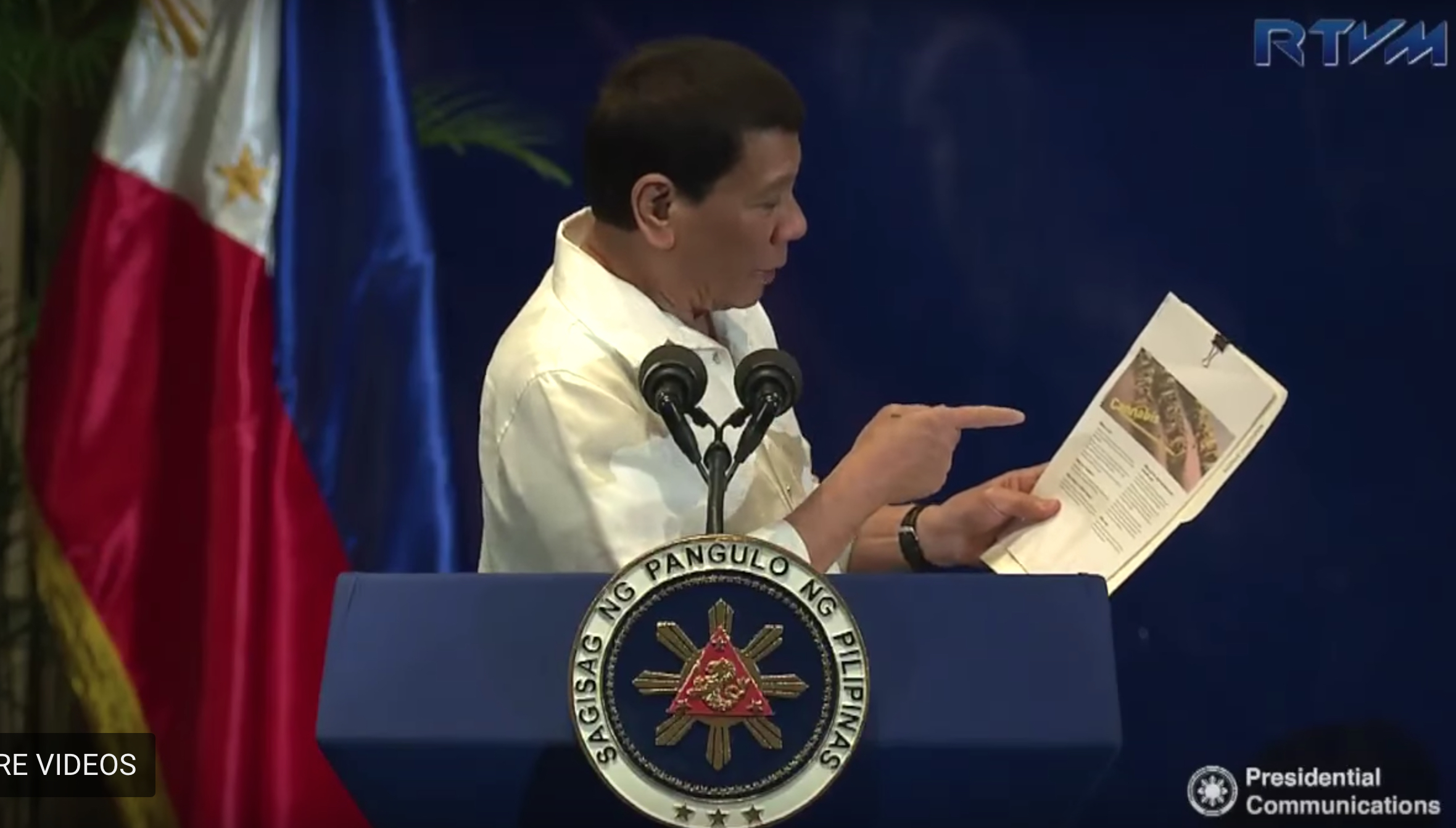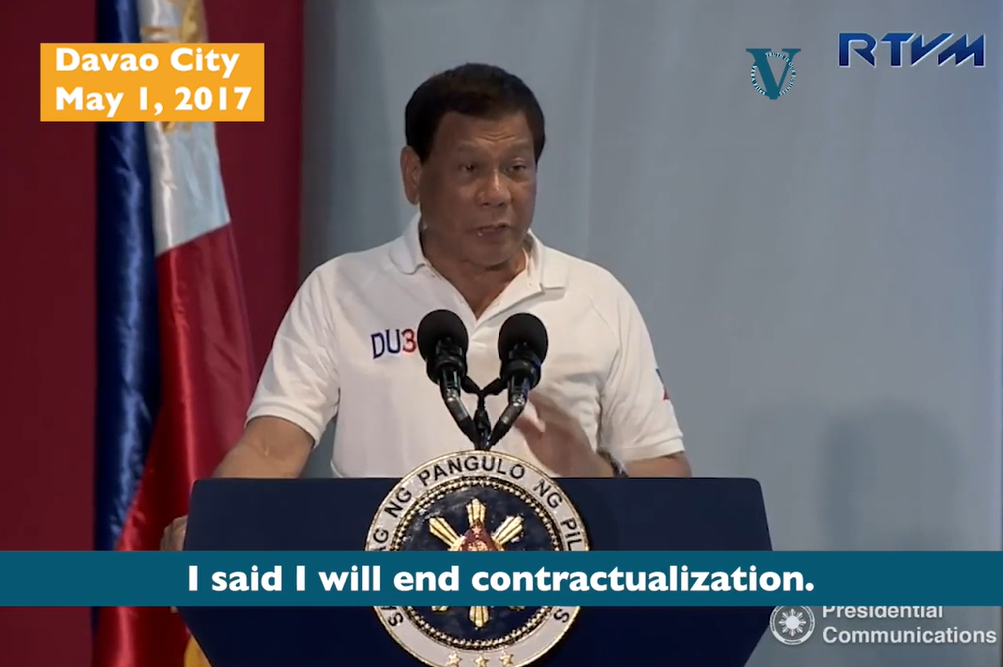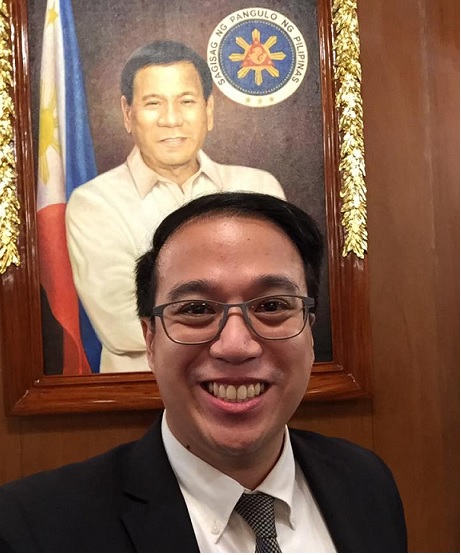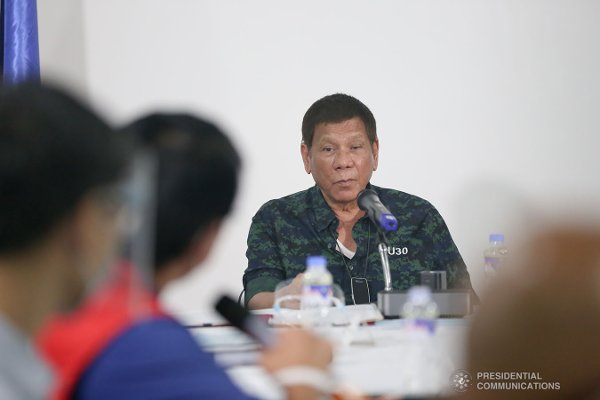Ignoring the bulk of scientific evidence with contrary findings, President Rodrigo Duterte on several instances selectively quoted just one study to support his claim that smoking cannabis, more popularly known as marijuana, is linked to increased lung cancer risk.
STATEMENT
In at least seven occasions, most recently during a Nov. 28 anti-corruption summit, the president read a piece of paper and said:
“Cannabis smoke contains 50 percent more tar than the high-tar cigarettes which puts users at an increased risk of lung cancer and other respiratory diseases.”
Source: Speech of President Rodrigo Duterte during the Breaking Chains of Corruption Summit, Nov. 28, 2017, Pasay City,
watch from 1:03:39 to 1:03:51
FACT
While Duterte has attributed the study to either the United Nations (UN) or the World Health Organization (WHO), the source appears to be a 2015 brochure published on a UN Office of Drugs and Crime (UNODC) microsite.
The brochure contains the exact quote as Duterte’s claim, yet provides no sources, scientific or otherwise, for its conclusion about cannabis use and lung cancer and other respiratory diseases.
UNODC has yet to respond to several requests for clarification by VERA Files Fact Check.
The UNODC finding runs counter to the state of evidence drawn from available studies.
A 2017 study, “The Health Effects of Cannabis and Cannabinoids: The Current State of Evidence and Recommendations for Research,” systematically reviewed more than 10,000 previous studies on cannabis since 1999, with a chapter dedicated solely to findings related to cancer risk.
The evidence, according to the study, suggests that:
“There is moderate evidence of no statistical association between cannabis smoking and the incidence of lung cancer.”
“Moderate evidence” means:
“several supportive findings from good- to fair-quality studies with very few or no credible opposing findings. A general conclusion can be made, but limitations, including chance, bias, and confounding factors, cannot be ruled out with reasonable confidence.”
Among the limitations is the difficulty of disentangling the independent effects of cannabis, which is usually mixed with tobacco.
The study, citing previous research, noted that cannabis deposits four times more tar in the lungs compared to tobacco owing to its loose packing and prolonged breathholding time, but is smoked in smaller amounts.
The study was published by the independent research group National Academies of Sciences, Engineering and Medicine, and formed the basis of the latest UNODC World Drug Report 2017.
BACKSTORY
Lecturing the public about the ill-effects of drugs, Duterte had previously quoted the UNODC brochure in his Oct. 25, 26, 27 and Nov. 9, 14 and 21 speeches.
A bill allowing the use of medical cannabis to treat certain conditions is pending in Congress.
Sources:
Callaghan et al. 2013. Marijuana use and risk of lung cancer: a 40-year cohort study. US National Library of Medicine National Institutes of Health.
United Nations Office of Drugs and Crime 2015. Get the Facts about Drugs.
Huang et al. 2015. An epidemiologic review of marijuana and cancer: an update. US National Library of Medicine National Institutes of Health.
National Academies of Science, Engineering and Medicine 2017.
The Health Effects of Cannabis and Cannabinoids: The Current State of Evidence and Recommendations for Research. National Academies Press.
United Nations Office of Drugs and Crime 2017. World Drug Report, Booklet 3.
Zhang et al. 2015. Cannabis smoking and lung cancer risk: Pooled analysis in the International Lung Cancer Consortium. US National Library of Medicine National Institutes of Health.
(Guided by the code of principles of the International Fact-Checking Network at Poynter, VERA Files tracks the false claims, flip-flops, misleading statements of public officials and figures, and debunks them with factual evidence. Find out more about this initiative.)




